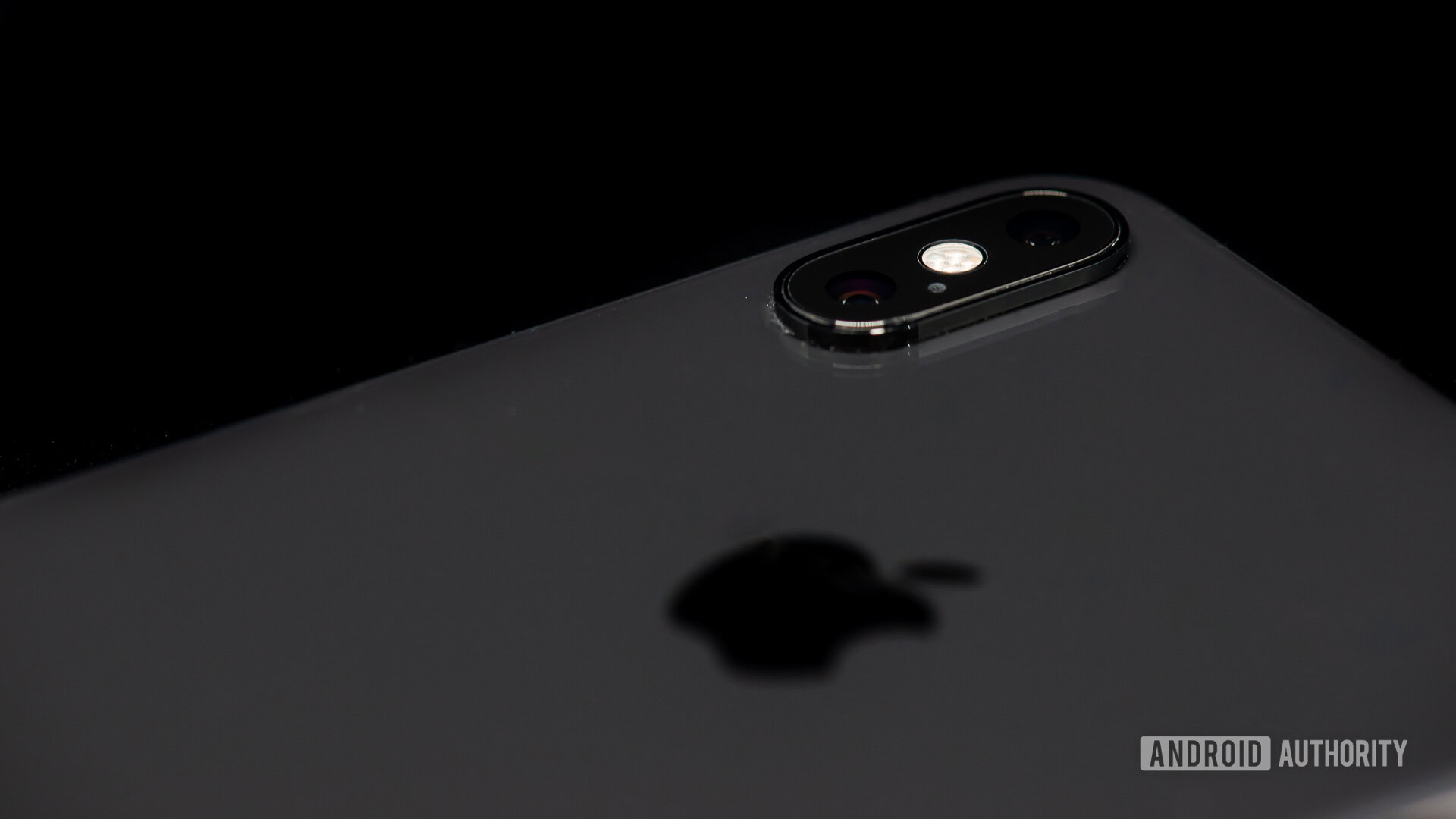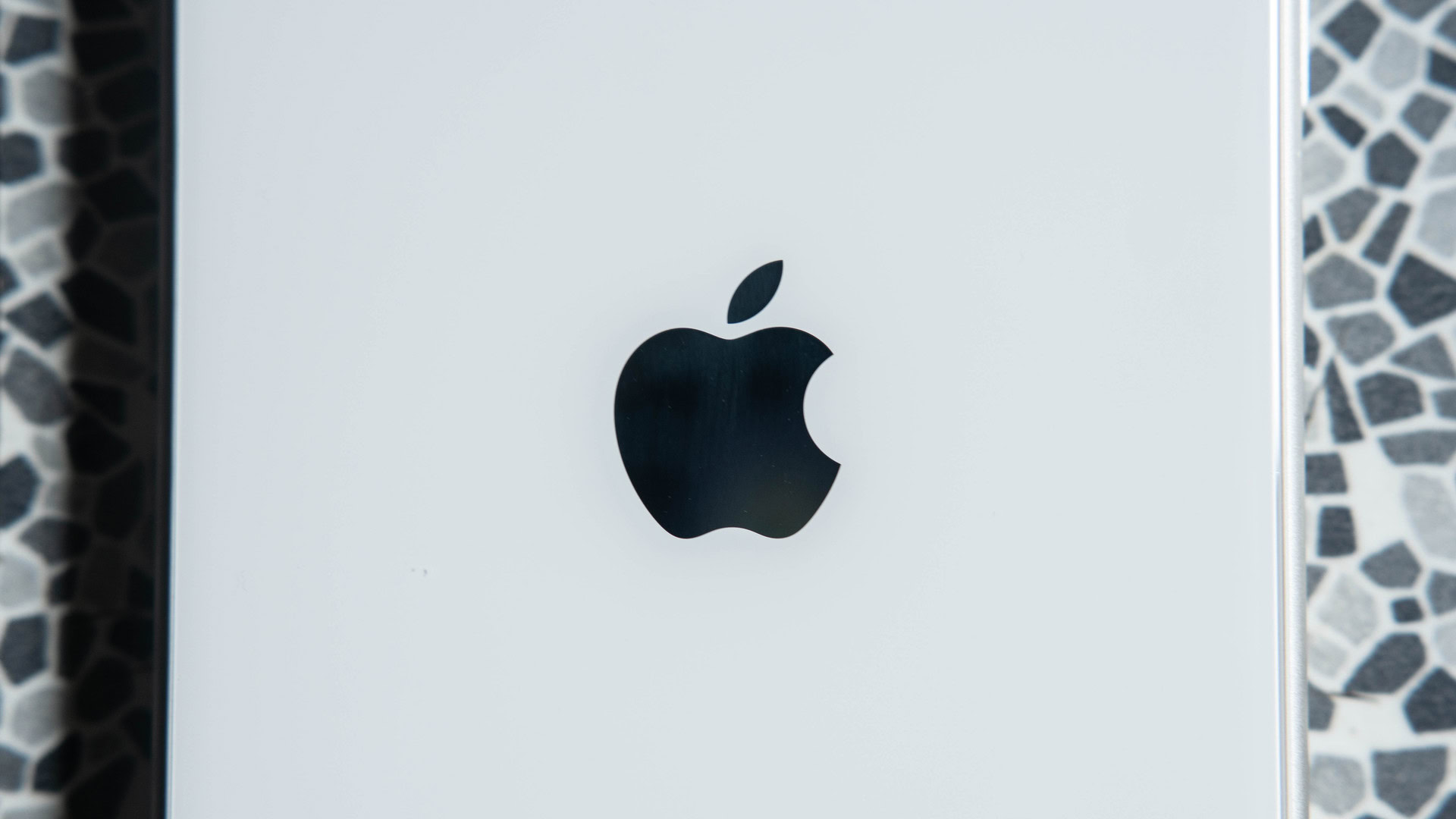Affiliate links on Android Authority may earn us a commission. Learn more.
Judge approves lawsuit accusing Apple of lying about poor iPhone shipments
June 3, 2020

- A class-action lawsuit accuses Apple of lying to investors about poor iPhone shipments.
- The complaint says Apple knew that iPhones weren’t selling as well as anticipated but hid this information from investors.
- Although a federal judge has said the suit may move forward, it’s not clear what damages would come about if the plaintiffs win.
A federal judge has given the green light to a class-action lawsuit against Apple related to falling iPhone shipments. The lawsuit alleges that Apple — and CEO Tim Cook, in particular — lied to investors to hide that iPhone sales weren’t going well (via Reuters).
The class-action lawsuit is filed by the Employees’ Retirement System of the State of Rhode Island, a collective that supplies retirement, disability, and surVivor benefits to state employees. Presumably, the ERSRI had considerable investments in Apple stock.
The accusation of Apple lying about iPhone shipments stems from incidents in late 2018 surrounding the sales of the iPhone XR, XS, and XS Max smartphones.
iPhone shipments: What actually happened?

Let’s go over what we know for certain happened when it comes to these accusations against Apple. We know that, in September 2018, Apple launched the iPhone XR, XS, and XS Max to much fanfare.
In November 2018, Apple held one of its usual investor calls. During this public chat, the company announced iPhone shipment numbers as well as other inside info that helped investors feel confident in buying more Apple stock. On this particular call, Apple CEO Tim Cook made remarks that painted a rosy picture about iPhone shipments and the success thus far of the new iPhones.
Related: Apple iPhone 12 and 12 Pro: Everything we know so far
However, Apple also announced during this call that it would no longer reveal exact iPhone shipment numbers in future calls.
Fast forward to January 2019. In another investor call, Apple revealed that it was dropping its revenue estimates by billions of dollars. This caused Apple’s stock to drop by 10% in just one day, erasing $74 billion of the company’s value and no doubt severely hurting investors’ portfolios.
The lawsuit says that there’s no way Apple could have not known that iPhone shipments weren’t meeting expectations prior to that January call. The suit alleges that Apple knew on the November call that things were going poorly but declined to disclose it until January when it was no longer possible to hide it.
Damning evidence and strong words from the judge

Now, that’s what we know for certain about iPhone shipments after the launch of the XS line. However, the lawsuit makes allegations that make Apple look pretty bad.
Only a short time after that November 2018 investors call, the lawsuit says, Apple started downsizing the production of iPhones. By mid-November, the company had allegedly told some of its suppliers — including Hon Hai Technology Group (Foxconn) — to halt plans for new iPhone production lines. The lawsuit also claims Apple told a key supplier to reduce shipments overall.
The lawsuit points to this as evidence that Apple knew on that November call that iPhone shipments were going to take a hit. Perhaps Apple hoped holiday sales would make up the difference? Either way, it clearly didn’t work out.
Related: Apple iPhone buying guide: Which iPhone is right for you?
The federal judge for this case agreed with the lawsuit’s assessment of the events. “Absent some natural disaster or other intervening reason, it is simply implausible that [Tim] Cook would not have known that iPhone demand … was falling mere days before cutting production lines,” U.S. District Judge Yvonne Gonzalez Rogers wrote.
Rogers also said that the lawsuit’s claims related to Apple cutting production of iPhones “plausibly suggests that defendants expected unit sales to decline.”
It is not yet known what the ERSRI will ask for in damages related to this lawsuit. However, it will likely be quite a lot considering how dramatically stock prices dropped in January last year after this all went down.